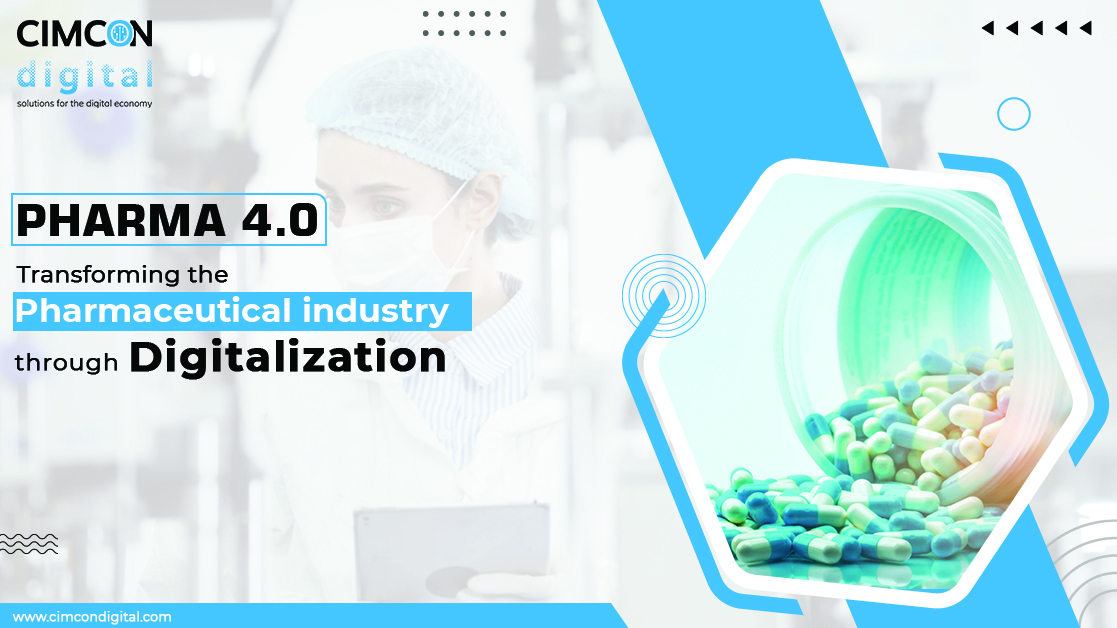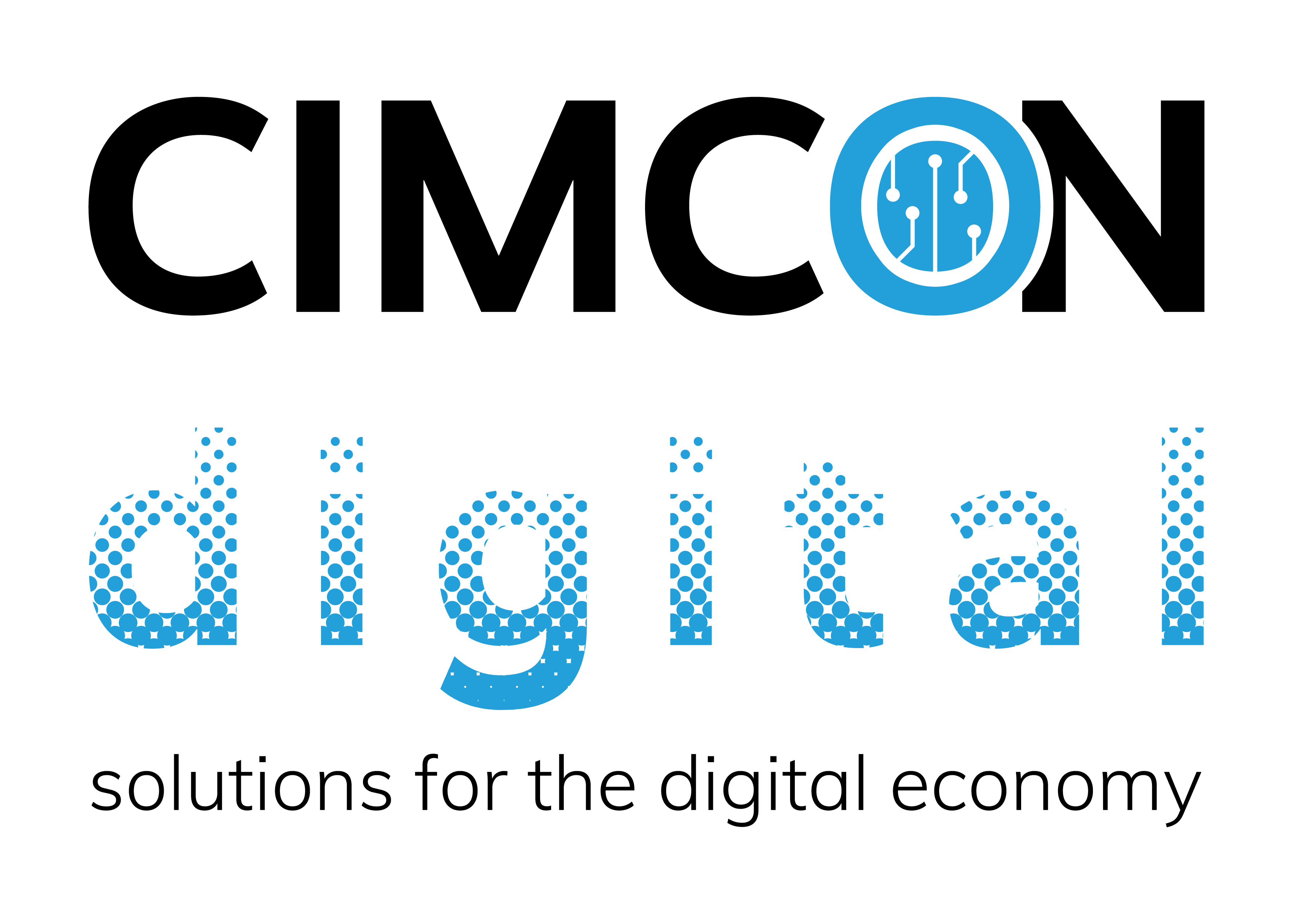
The pharmaceuticals market encompasses businesses that develop and sell drugs and associated services. According to research presented on Global News Wire, the market is projected to reach $1700.97 billion in 2025, growing at a Compound Annual Growth Rate (CAGR) of 8%. As the world rapidly shifted towards digitalization in response to the pandemic, the pharmaceutical industry was not exempt from this trend. Since the onset of the pandemic, there has been a global surge of 27.8% in traffic to health medicine websites. Embracing digital transformation has become imperative for adapting to consumer trends and future-proofing organizations from disruptions.
Challenges of Digital Transformation in the Pharmaceutical Industry
The pharmaceutical industry faces significant challenges in managing digital transformation, the strategic approach of leveraging technology to shift from analog to digital operations. According to a recent report by Deloitte with MIT Sloan Management Review, only 20% of biopharma companies have achieved digital maturity. Pharma industry executives have embraced digital transformation by updating operational processes and reducing manual labor to enhance efficiency and digital capabilities. However, the pressure to do more continues to mount, and an increasing array of challenges must be addressed:
Quality Control: Quality control is of paramount importance in pharmaceutical manufacturing, and digital transformation can play a pivotal role in improving it. By harnessing digital technologies like machine learning and data analytics, pharmaceutical manufacturers can identify potential quality issues earlier, enabling them to take prompt corrective action and prevent costly recalls.
Inventory Management: Pharmaceutical manufacturing involves managing a wide range of raw materials, intermediates, and finished products. Digital technologies like Radio-Frequency Identification (RFID) and Internet of Things (IoT) sensors can provide real-time visibility into inventory levels, enabling manufacturers to optimize their inventory management processes and reduce waste.
Regulatory Compliance: Compliance with various regulations and guidelines is a significant challenge in the pharmaceutical manufacturing industry. Implementing digital solutions that offer automated reporting and real-time monitoring allows manufacturers to ensure compliance, reducing the risk of regulatory fines and penalties.
Supply Chain Management: The pharmaceutical supply chain is complex, involving multiple stakeholders such as suppliers, manufacturers, distributors, and retailers. Digital transformation can streamline supply chain processes, improve collaboration between stakeholders, and enhance visibility into the supply chain, thereby reducing the risk of disruptions and delays.
Data Management: The pharmaceutical industry generates vast amounts of scattered data, hindering decision-making processes and organizational efficiency. Establishing a single source of truth for data is crucial for pharmaceutical companies to take corrective action and enhance overall efficiency within the organization.
Overall, digital transformation can enable pharmaceutical manufacturers to reduce costs, improve quality, and increase efficiency, ultimately enhancing their ability to deliver superior products and services to customers.
Importance of Digitalization for the Pharmaceutical Industry
Digital transformation offers numerous growth opportunities for the pharmaceutical industry, providing significant process advantages that eliminate siloed systems and long-standing manufacturing inefficiencies. Here are some key advantages of digitalization:
Increased Visibility: Digital technologies enable pharma companies to make informed decisions based on generated data. By integrating with existing systems and assets, digital transformation enhances efficiency and operations, leading to better decision-making capabilities.
Cost Reduction: Digital transformation helps lower per capita costs in the pharma industry. By eliminating manual work to a certain extent, digitalization enables remote monitoring of system health and assets for better preventive maintenance. This minimizes breakdowns, malfunctions, repair expenses, liabilities, and downtime, resulting in significant cost savings.
Improved Efficiency: Operational efficiency is a top benefit of digital transformation, as cited by 40% of executives. Digitalization allows businesses to collect and utilize data for informed decision-making. Automation of various manufacturing processes reduces manual labor and improves operational efficiency throughout the manufacturing floor.
Higher Product Quality: Digitalization enables better prediction of failures and downtimes, facilitating predictive maintenance and anomaly detection through AI/ML algorithms. By eliminating time-consuming manual efforts prone to data collection and management errors, digitalization improves asset health, reporting workflows, quality control, reliability, and overall efficiency, resulting in higher-quality products.
Achieving Net Zero Goals: Digital transformation assists the pharma industry in real-time asset measurement and predictive tools. Being data-led enables companies to detect errors in advance, leading to improved efficiency. Digital tools also help reduce energy and water waste, contributing to better environmental conditions and facilitating the achievement of net-zero goals.
Conclusion
In the digital technology era, it is crucial for pharmaceutical companies to invest in digitalization and become game-changers in the healthcare industry. With companies like CIMCON Digital, which has been collaborating with pharma clients for over two decades, the pharma industry can achieve greater efficiency, cost reduction, and improved operational efficiency. Digitalization helps pharma industries better understand their clients, deliver exceptional customer experiences, improve the customer journey, and offer enhanced value by optimizing operational efficiency.

